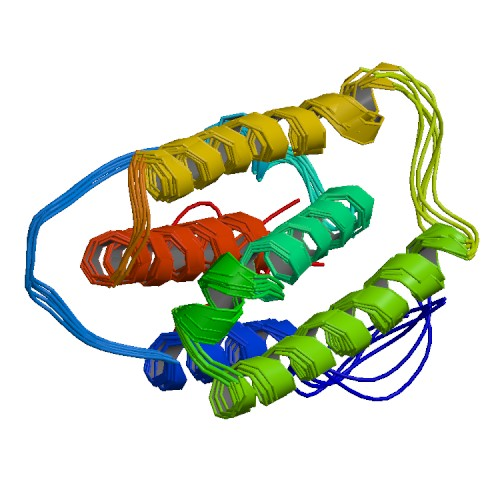 Treatment with interferon (IFN) and ribavirin (RBV) significantly impairs quality of life and other patient-reported outcomes (PROs). Patient experience with IFN- and RBV-free anti-HCV (hepatitis C virus) regimens has not been reported. We assessed PROs in patients treated with ledipasvir and sofosbuvir (LDV/SOF) with and without RBV.
Treatment with interferon (IFN) and ribavirin (RBV) significantly impairs quality of life and other patient-reported outcomes (PROs). Patient experience with IFN- and RBV-free anti-HCV (hepatitis C virus) regimens has not been reported. We assessed PROs in patients treated with ledipasvir and sofosbuvir (LDV/SOF) with and without RBV.
Four different PRO questionnaires were administered at baseline, during, and post-treatment in HCV genotype 1 patients treated with LDV/SOF±RBV (ION-1, -2, and -3). A total of 1,952 patients were enrolled to be treated for 8 (N = 431), 12 (N = 867), or 24 weeks (N = 654) with LDV/SOF (N = 1,080) or LDV/SOF+RBV (N = 872). Baseline demographics and psychiatric disorders were similar between treatment groups (all P > 0.05). Patients receiving LDV/SOF regimens showed significant improvement of PRO scores during treatment (up to +7.4%, +7.0%, and +6.7% on a normalized 0%-100% scale in the 8-, 12-, and 24-week-long treatment groups, respectively (all P < 0.0001). These PRO improvements coincided with early viral suppression after 2 weeks of treatment and maximized by the end of treatment. On the other hand, during treatment with LDV/SOF+RBV, PRO scores declined (up to -5.5% regardless of treatment duration; P < 0.0001). Receiving RBV was an independent predictor of PRO impairment in multivariate analysis (beta up to -5.9%; P < 0.0001). Patients who achieved sustained virological response at 12 weeks showed significant improvement of their PROs post-treatment (up to +8.3%; P < 0.0001).
IFN- and RBV-free regimens with LDV/SOF result in early HCV suppression with simultaneous improvement in PROs that continued throughout the duration of treatment and post-treatment.
(Hepatology 2015;61:1798-1808).Author information: Younossi ZM1,2, Stepanova M3,2, Marcellin P4, Afdhal N5, Kowdley KV6, Zeuzem S7, Hunt SL2.
© 2015 by the American Association for the Study of Liver Diseases.
